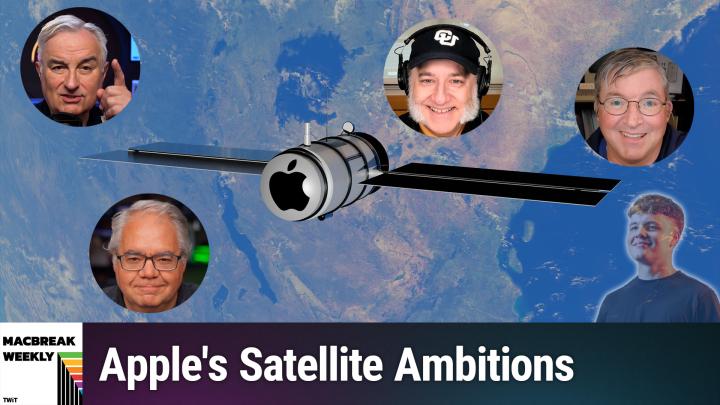Fortnite Returns to Apple's App Store
AI-created, human-reviewed.
After years of legal battles and a high-profile courtroom drama, Fortnite has officially returned to the Apple App Store. On a recent episode of MacBreak Weekly, Leo Laporte, Andy Ihnatko, Alex Lindsay, and Jason Snell talked about the popular battle royale game's comeback following a decisive intervention by Judge Yvonne Gonzalez Rogers, who essentially told Apple and Epic Games to work out their differences or face her in court with specific executives to blame.
The resolution came swiftly. Within just one day of the judge's ultimatum, Apple capitulated, and Fortnite was back on iOS devices. As Leo Laporte noted, parents immediately felt the impact: "I talked to a parent who said yes, my 13-year-old immediately said I want Fortnite on my iPhone and I want it now."
The Broader Impact Beyond Gaming
While Fortnite's return grabbed headlines, the real story lies in what this ruling means for app developers across the ecosystem. The court's decision has created ripple effects that extend far beyond Epic Games, fundamentally challenging Apple's tight control over iOS commerce.
Spotify has already filed an amicus brief claiming that once they were freed from Apple's restrictions, their subscription numbers increased significantly. This real-world data suggests that Apple's 30% commission and payment restrictions were indeed limiting consumer choice and business growth.
David Heinemeier Hansson, creator of the Hey email service, celebrated the changes by announcing that Hey is now available for purchase directly on iPhone. Previously, his company 37signals had engaged in a public battle with Apple over what he called their "gangster attempt to extort 30% of our Hey revenues."
The Customer Relationship Battle
The dispute was never just about money, according to Hansson. The core issue centered on maintaining direct customer relationships. As he explained, companies wanted to handle their own customer service, process refunds directly, and avoid tying billing for multi-platform services to a single device manufacturer.
This desire for direct customer contact represents a fundamental tension in the modern app economy. While Apple's integrated system offers convenience and security, it also creates a barrier between businesses and their customers that many companies find unacceptable.
Developer Response: Cautious Optimism
Interestingly, the MacBreak Weekly panel noted that while some previously excluded apps are now embracing direct payments, there hasn't been a mass exodus from Apple's in-app purchase system. Jason Snell observed that companies rushing to implement alternative payments fall into two categories: those who previously refused to participate in Apple's system at all, and those like Amazon's Kindle app who found the 30% commission economically impossible.
This measured response suggests that Apple's payment system does provide genuine value to many developers and users. The convenience factor remains strong, and many smaller developers may continue using Apple's system to avoid dealing with international taxes and direct customer service complexities.
User Preferences and Market Reality
The panel discussion revealed interesting insights about user behavior in this new landscape. Alex Lindsay shared his personal preference for keeping all subscriptions within Apple's ecosystem for easier management, noting the challenge of tracking multiple subscriptions across different platforms and payment systems.
This user preference highlights a potential competitive advantage for Apple even in a more open marketplace. If users actively prefer the convenience and centralized management of Apple's system, developers may find that alternative payment methods don't deliver the customer acquisition benefits they expected.
What This Means for the Future
The Fortnite resolution and subsequent App Store changes represent a significant shift in mobile platform control, but the long-term impact remains uncertain. While developers now have more options, early reports suggest conversion rates can drop 25-45% when users are directed outside the App Store for purchases.
Apple's challenge moving forward will be competing on value rather than exclusivity. The company will need to demonstrate that their payment system, customer service, and developer tools are worth their commission, rather than simply mandating their use.
For consumers, the changes promise more choice and potentially better pricing as developers can avoid Apple's commission. However, this also means managing more payment relationships and potentially less streamlined user experiences across different apps.
The return of Fortnite marks not just the end of a specific legal battle, but the beginning of a new era for mobile app commerce where platform holders must justify their control through value rather than mandate it through policy.
